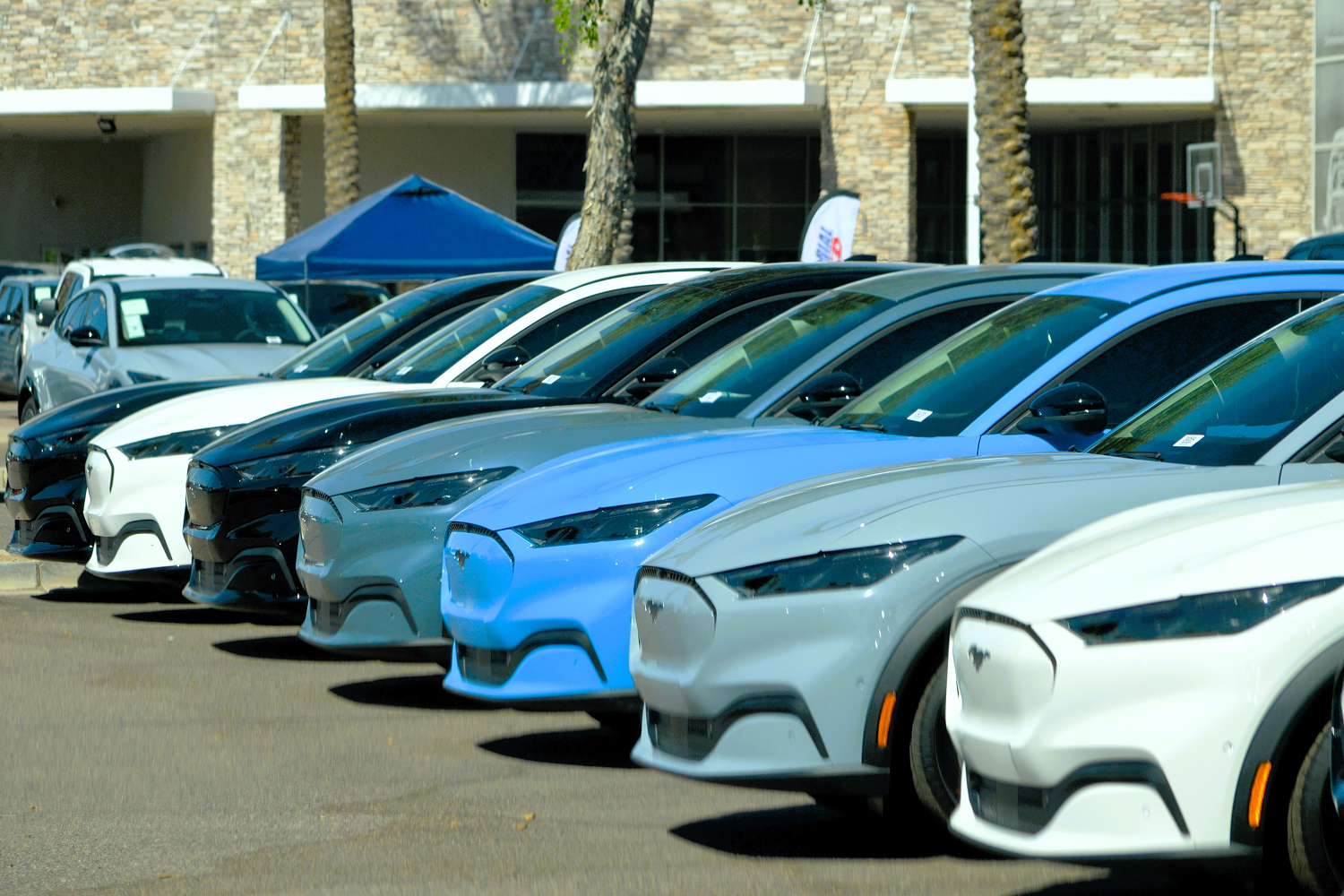Sales of used electric vehicles jumped nearly 60% year-over-year in August, according to data from Cox Automotive. Many preowned EVs, in fact, sell for less than their gas-powered counterparts. Older EVs come with tradeoffs, however: While new models have ranges of 300-ish miles, that number can dip to 200-ish or less on a car that’s 5 or 10 years old. Still, it’s important to remember that that’s plenty of juice for most U.S. drivers, who cruise about 37 miles a day on average. Also worth noting: A federal EV tax credit of up to $4,000 is available on some preowned EVs, but only through the end of the month.
A group of former NOAA employees are launching an effort to revive the U.S. government’s primary hub for public climate information—which was axed as part of a broad swath of agency firings—as climate.us. Climate.gov now redirects to a page updated by Trump administration appointees, but in its prior form, the site shared information on extreme weather, sea level rise, and other crucial climate issues. Climate.us will house all that, restore details that were scrubbed from its predecessor by executive order, and also provide a home for the National Climate Assessment, a congressionally mandated report that was also scuttled by the administration. Can we get an “hell yeah!” to the folks keeping climate science flowing?
In case you need a reminder that policies that incentivize clean energy, electrification, and decarbonization work, here’s something to hold onto: Per-person emissions dropped an average of 30% between 2005 and 2023, according to data from the U.S. Energy Information Administration. The main driver of the drop was a broad realignment of the energy mix away from coal and towards less-emitting natural gas (heavy sigh) and non-emitting renewables like wind and solar (yay!). Now the gut punch: It may not be enough, especially in the current landscape. The group of scientists responsible for tracking key climate metrics for the U.N. has found that the global temperature is rising 0.27 degrees C per decade, which is around 50% faster than the 0.2-degree increases we saw 30 years ago.
A coalition of some 200 shipping companies want the world’s biggest maritime nations to institute a fee on greenhouse gases, part of an ongoing and industry-wide effort to cut the sector’s emissions, which account for about 3% of the worldwide total. If countries agree to the proposed regulations, they’d go into effect for large oceangoing ships, which themselves represent 85% of all shipping emissions. While the U.S. has voiced its opposition to the proposal, they’re largely an outlier, Faig Abbasov of Brussels-based NGO Transport and Environment, told the Associated Press.
In a move that could quiet climate-active shareholders, Exxon is rolling out an auto-voting scheme in which investors can agree to passively align with what management wants unless they actively choose otherwise, reports Reuters. The shift could fend off activist voting blocks in the fossil fuel giant’s “mom and pop” shareholders, who hold about 40% of the company’s stock. The plan could tilt the balance in meetings, says The Financial Times, and protect Exxon against efforts like a 2021 incident in which an activist hedge fund won three board seats as part of a campaign to prevent the oil-and-gas giant from tethering its financial future to fossil fuels.

